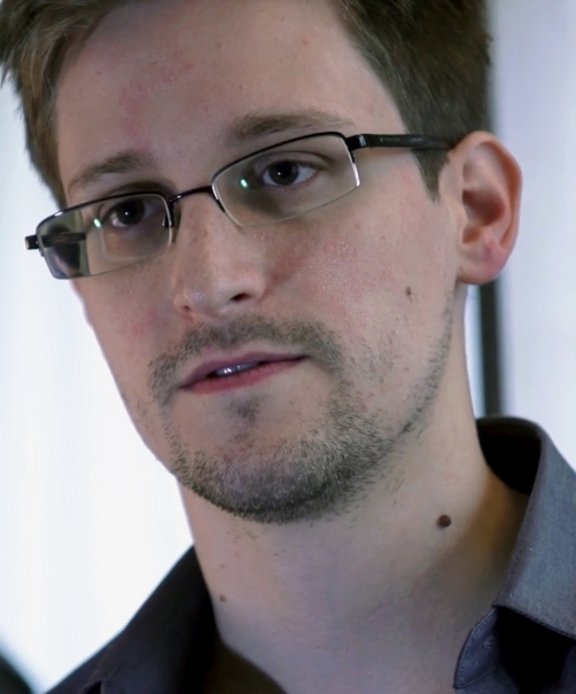Edward Snowden, the infamous NSA whistleblower, held a live chat Jan. 23 on the freesnowden website in which he answered questions and restated his concerns about mass surveillance in America.
It was Snowden’s first live chat since June 2013.
“Not all spying is bad,” said Snowden in a reply to questions over twitter. “The biggest problem we face right now is the new technique of indiscriminate mass surveillance, where governments are seizing billions…of innocents’ communication every single day. This is done not because it’s necessary…but because new technologies make it easy and cheap.”
Snowden accused surveillance programs of “gathering massive amounts of private records on ordinary Americans who have never been suspected of any crime,” and added that “this violates our constitutional protection against unlawful searches and seizure.”
Snowden has been living in Russia, which granted him asylum, since last June. The former government contractor fled the United States after leaking information about the National Security Agency (NSA) collecting the telephone records of millions of Americans and collecting data such as emails, chats, and search histories under a program called Prism.
“Collecting phone and email records for every American is a waste of money, time and human resources that could be better spent pursuing those the government has reason to suspect are a serious threat,” said Snowden.
Snowden’s chat came within a day of a speech by President Barack Obama in which Obama pledged intelligence gathering reforms.
Obama said the government would cease mass collection of American telephone data in NSA computers and would transfer such responsibilities to an undecided outside party. He also promised that the United States would stop spying on its allies, according to the Wall Street Journal.
However, Obama’s testimony was soon undercut by a report issued by the Privacy and Civil Liberties Oversight Board, in which the Board concluded that the NSA’s daily collection of U.S. phone records was illegal as per section 215 of the Patriot Act, according to theguardian.com.
Furthermore, the board stated that it could not find “a single instance” in which the program “made a concrete difference in the outcome of a terrorism investigation.”
Snowden addressed this in the chat and said, “There is simply no justification for continuing an unconstitutional policy with a 0 [percent] success rate.”
Meanwhile at Carlmont, student opinions differed on the matter of Snowden’s revelations.
Senior Miles Coe said that he was “not really” concerned with his digital privacy.
“I don’t have anything to hide,” said Coe. “But if [the NSA] found something and they thought it was bad, that could be a problem.”
Coe expressed a critical view of Snowden’s actions and said, “I think that it was a horribly drastic move and that it was completely uncalled for,” in part because “he indirectly severed our connections with a lot of nations…that we may need in the future.”
As for the amount of privacy he would want to have, Coe said, “Not complete, but more than we probably have.”
Junior Olivia Gomez said that when it came to digital privacy, she was “more afraid of what they’re [the NSA] going to see,” and mentioned personal photos.
“A cellphone is a personal thing, so I would expect some [privacy] at least,” said Gomez. “Just because they can look at all that stuff doesn’t mean they should.”

